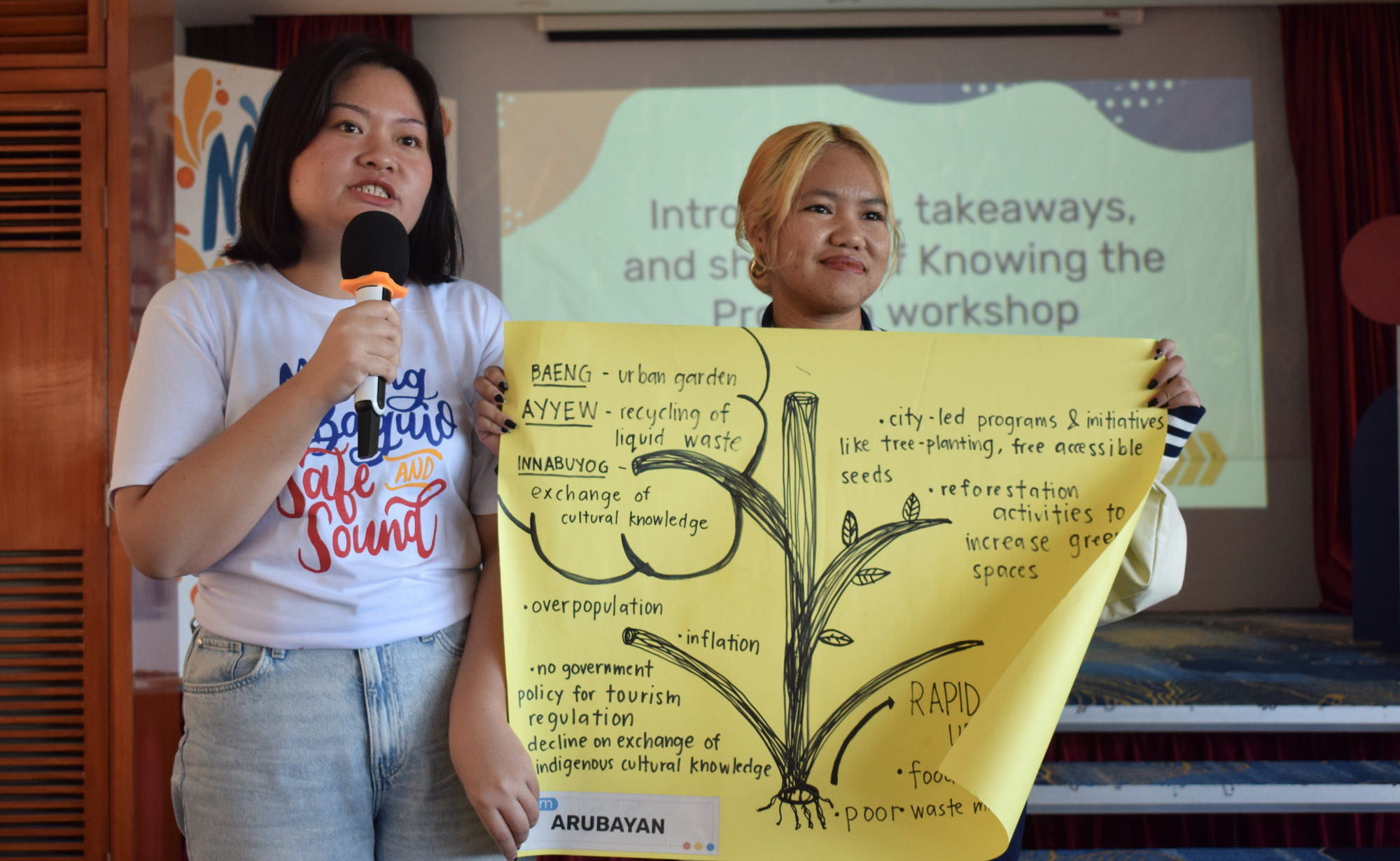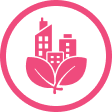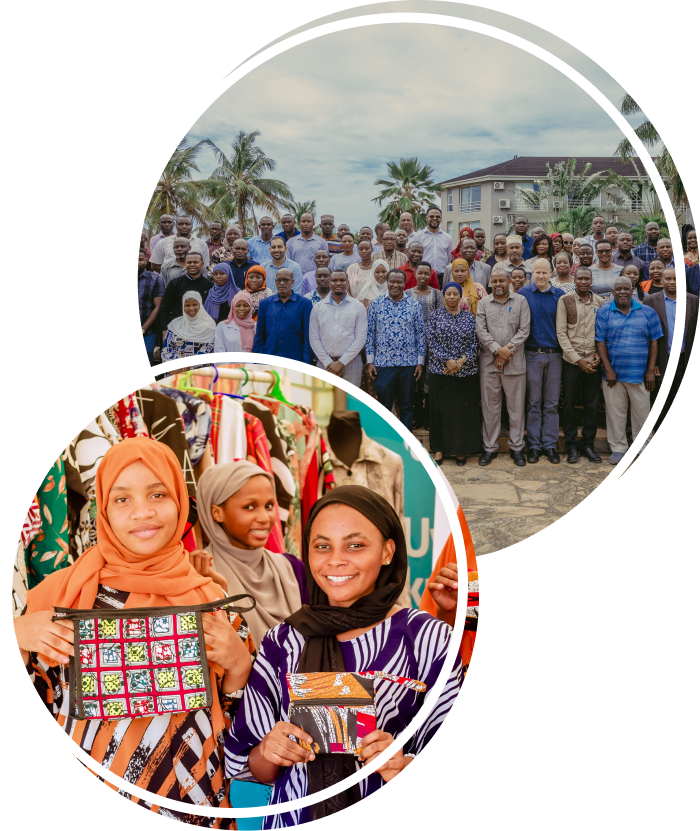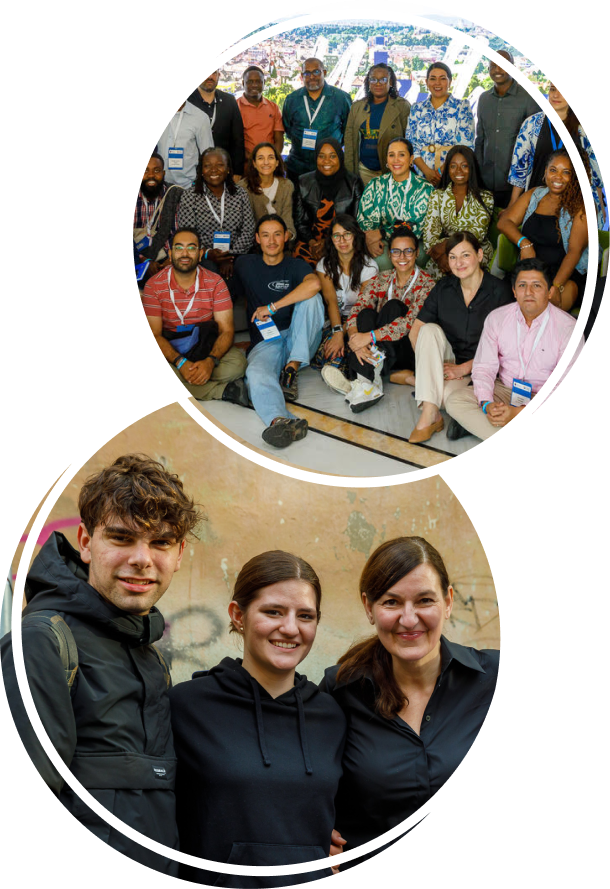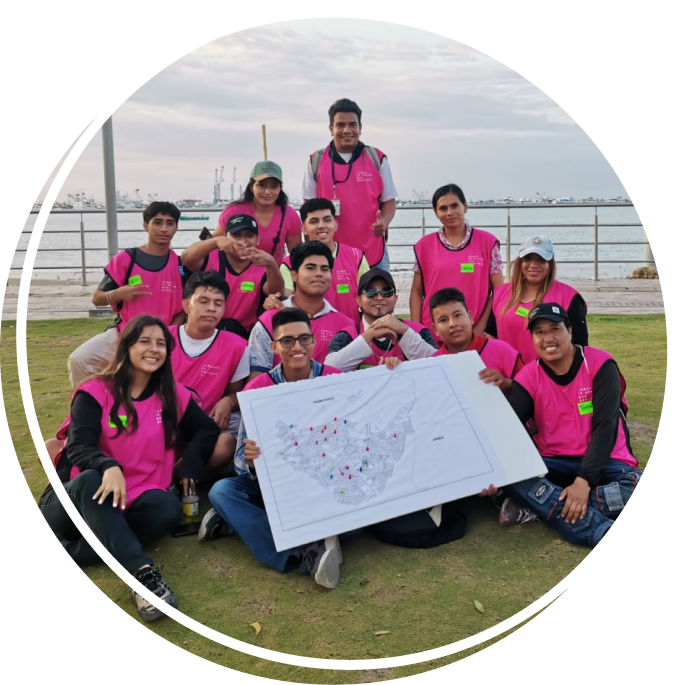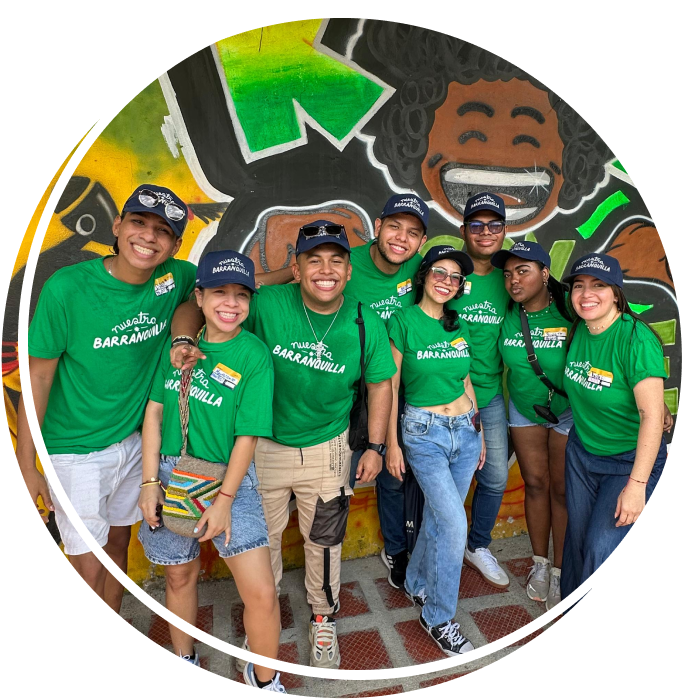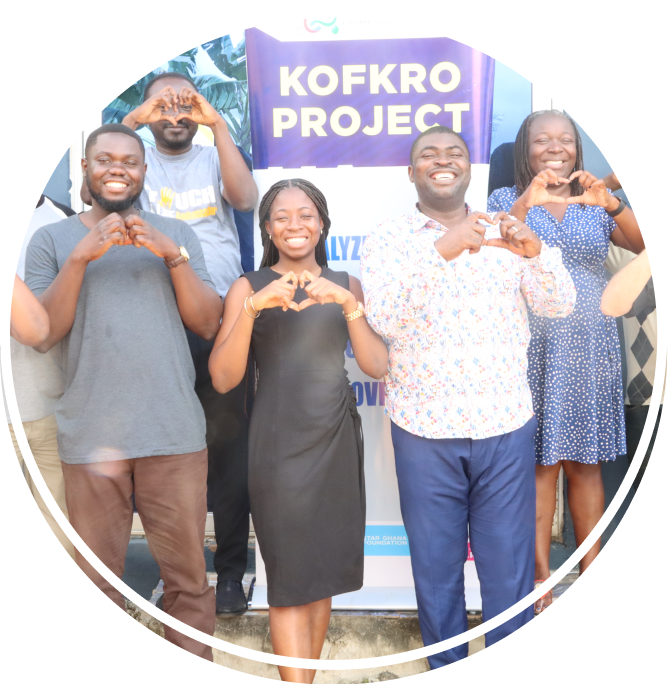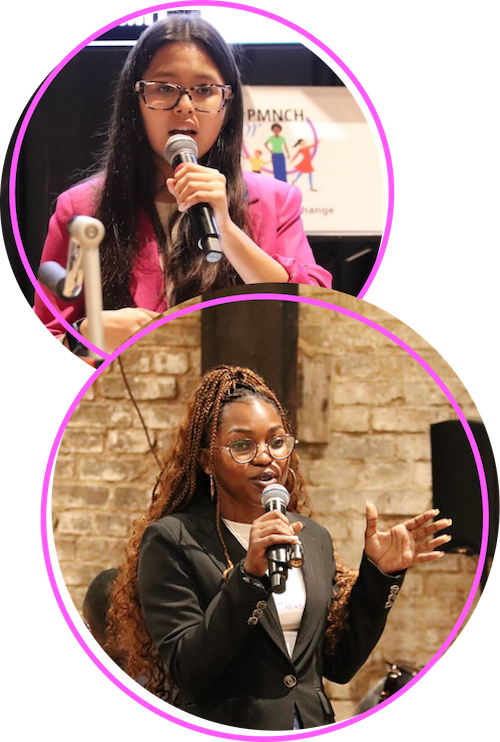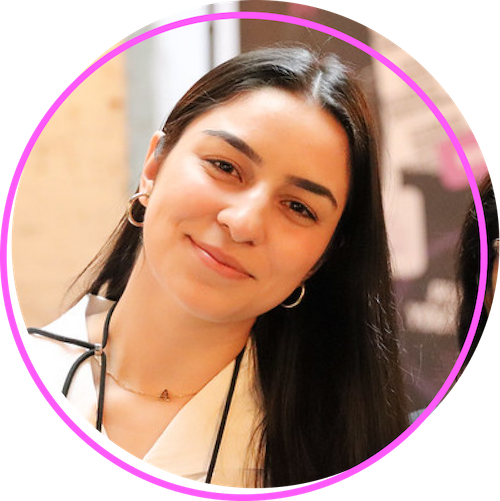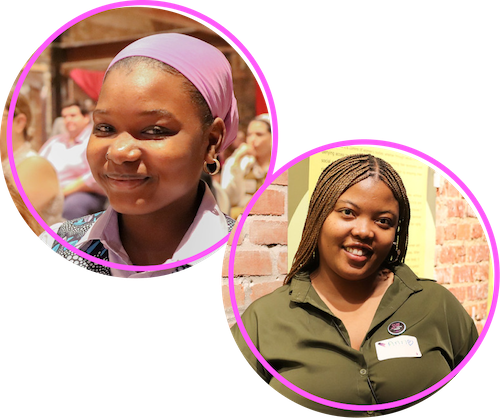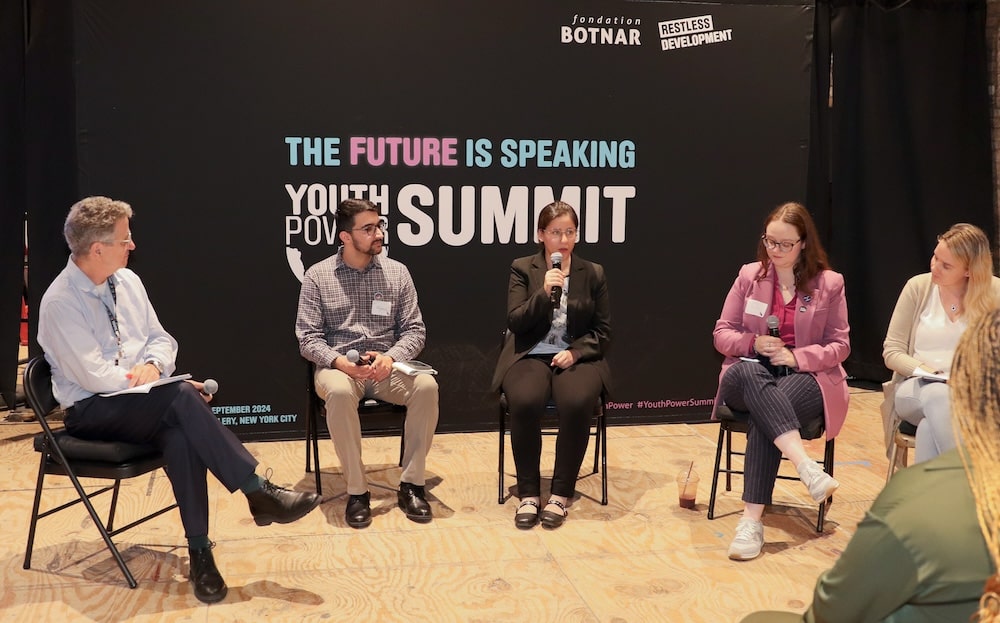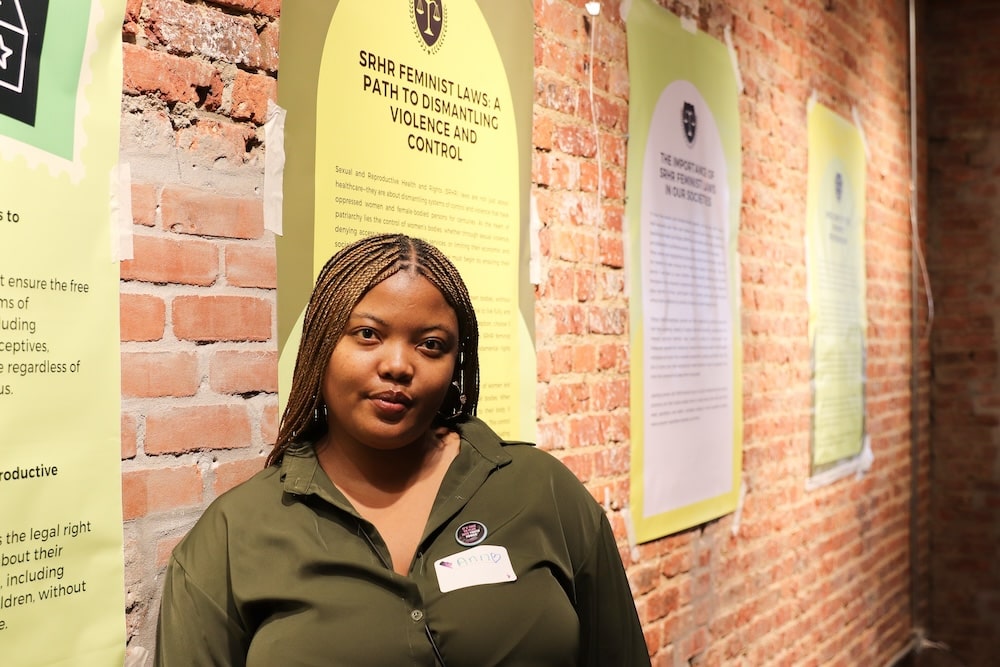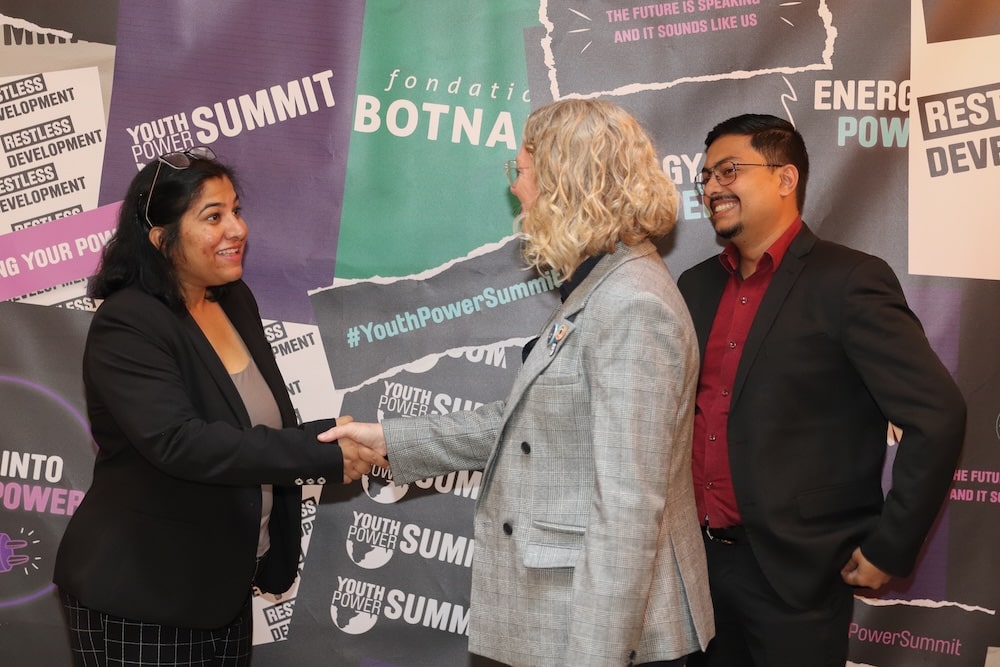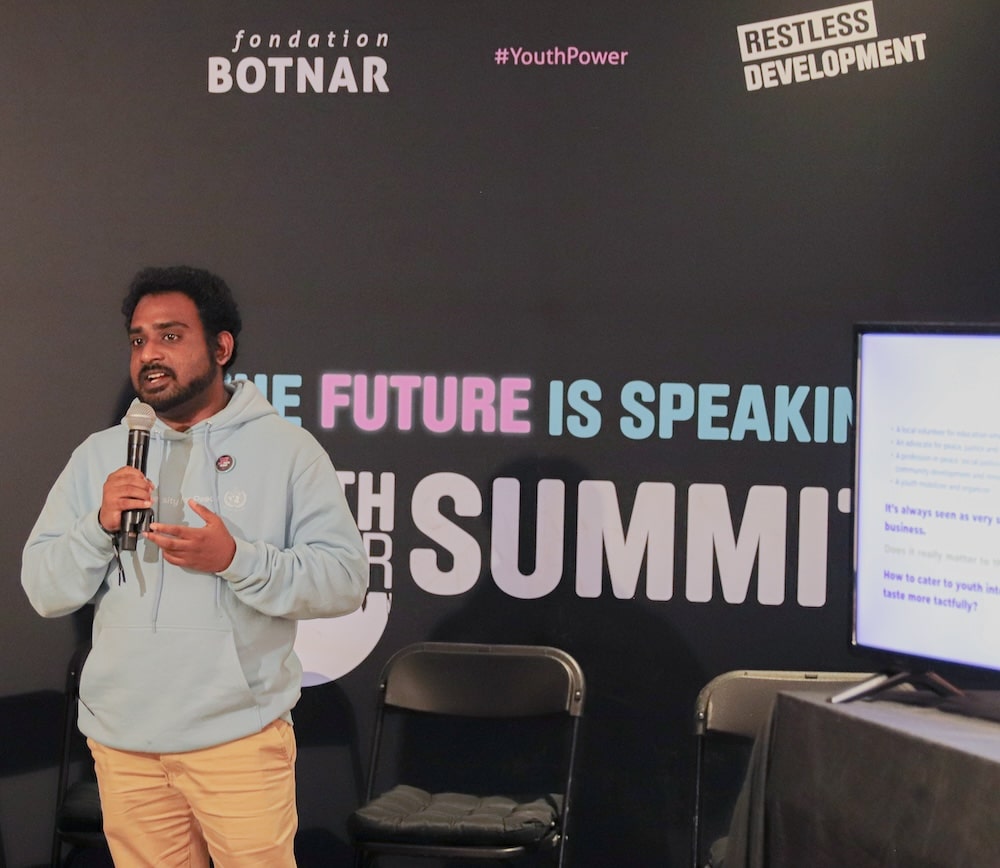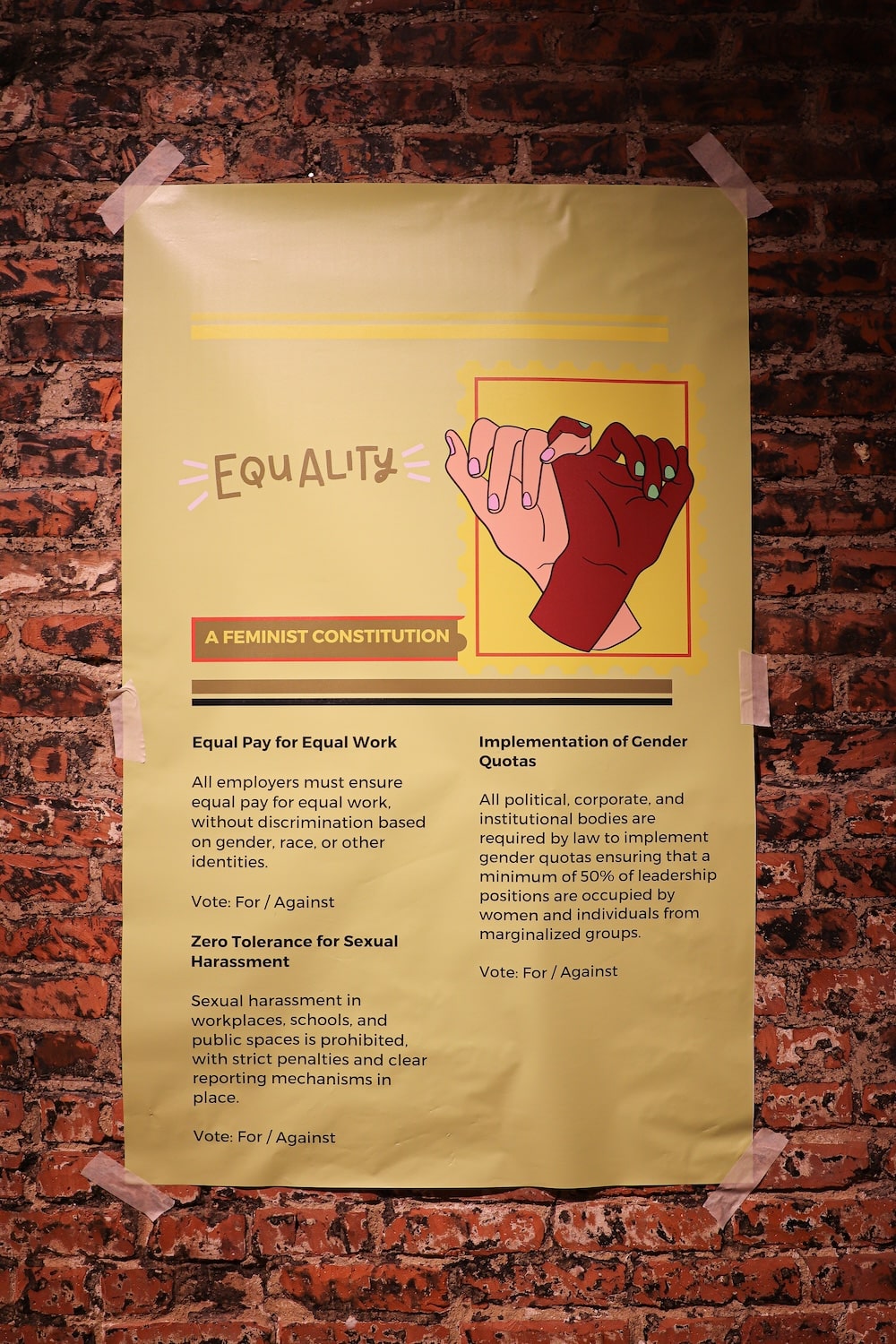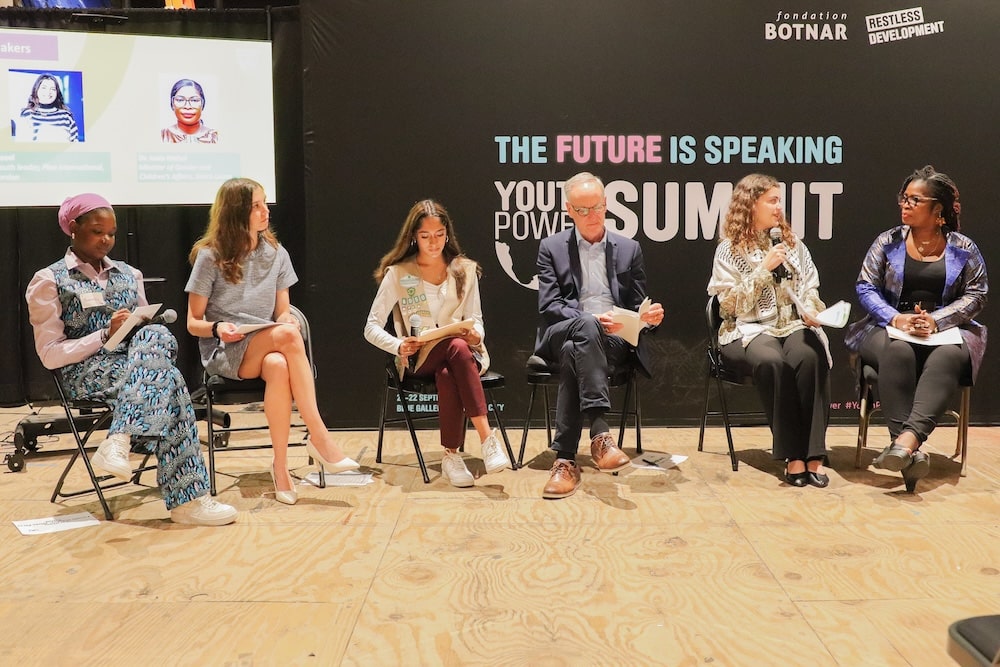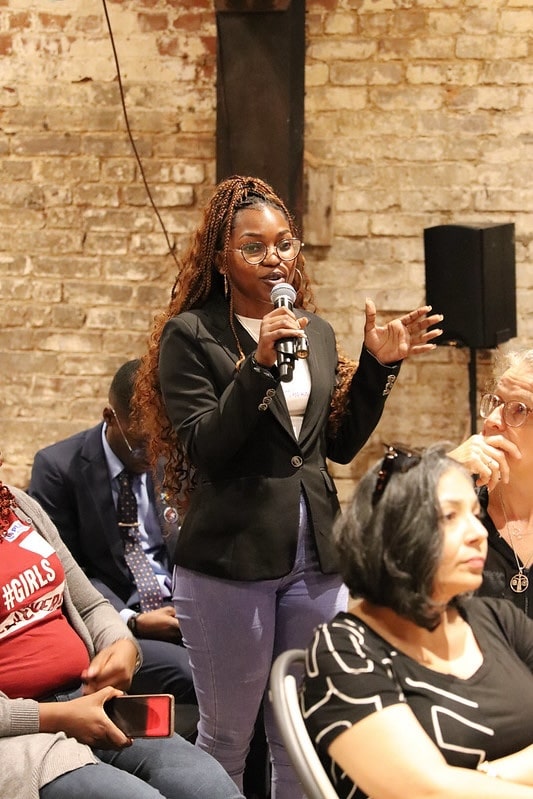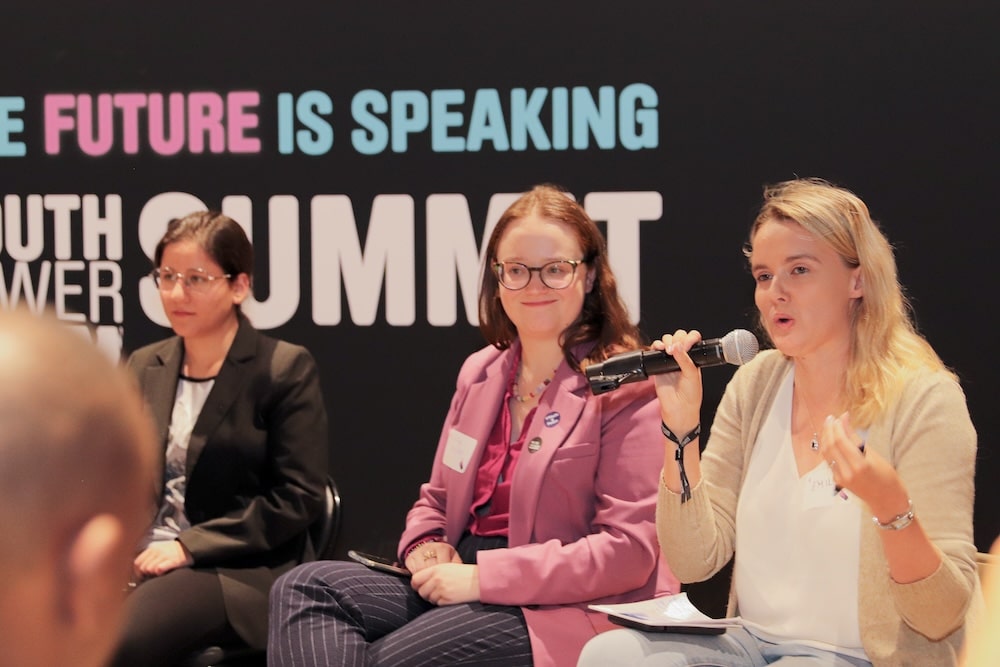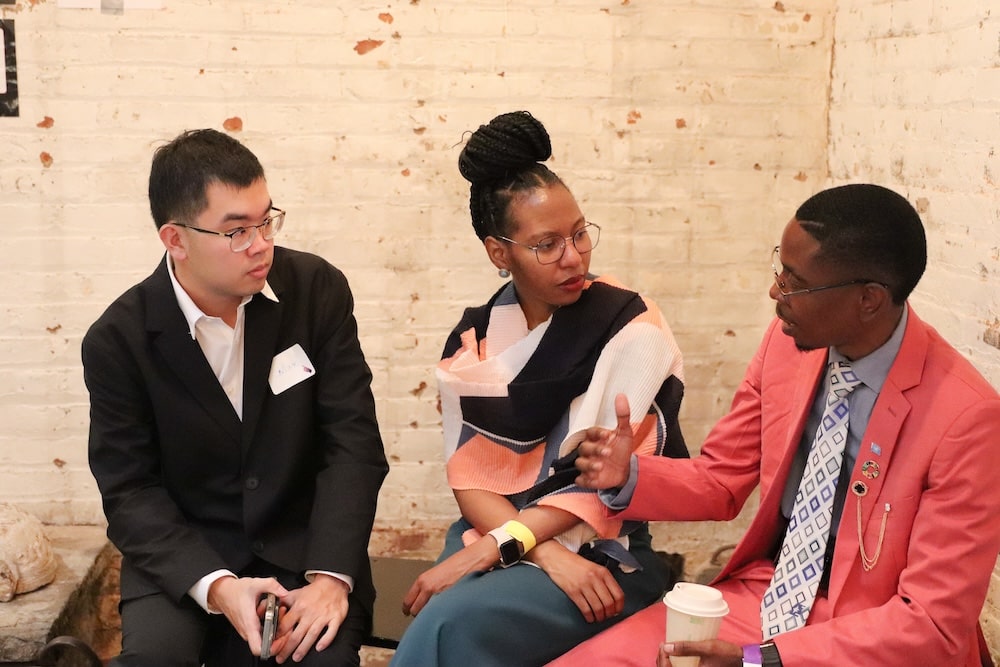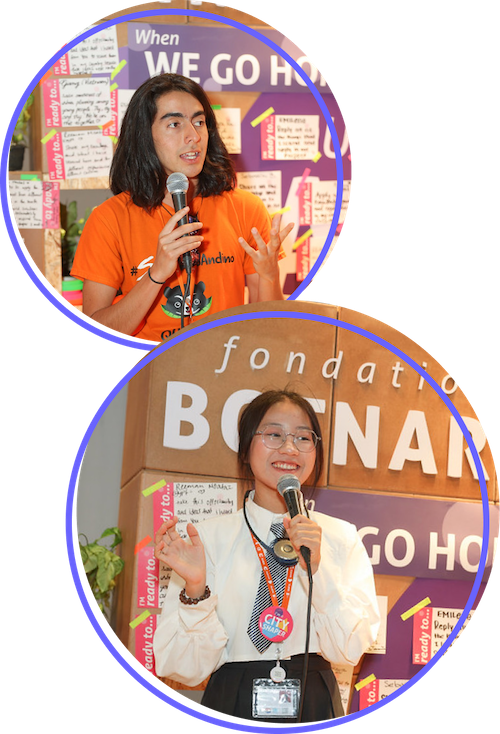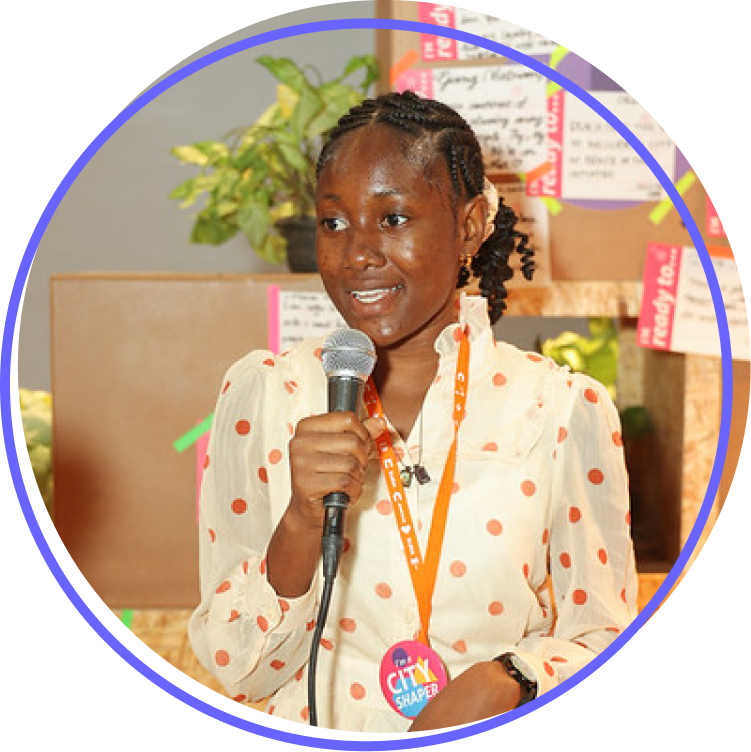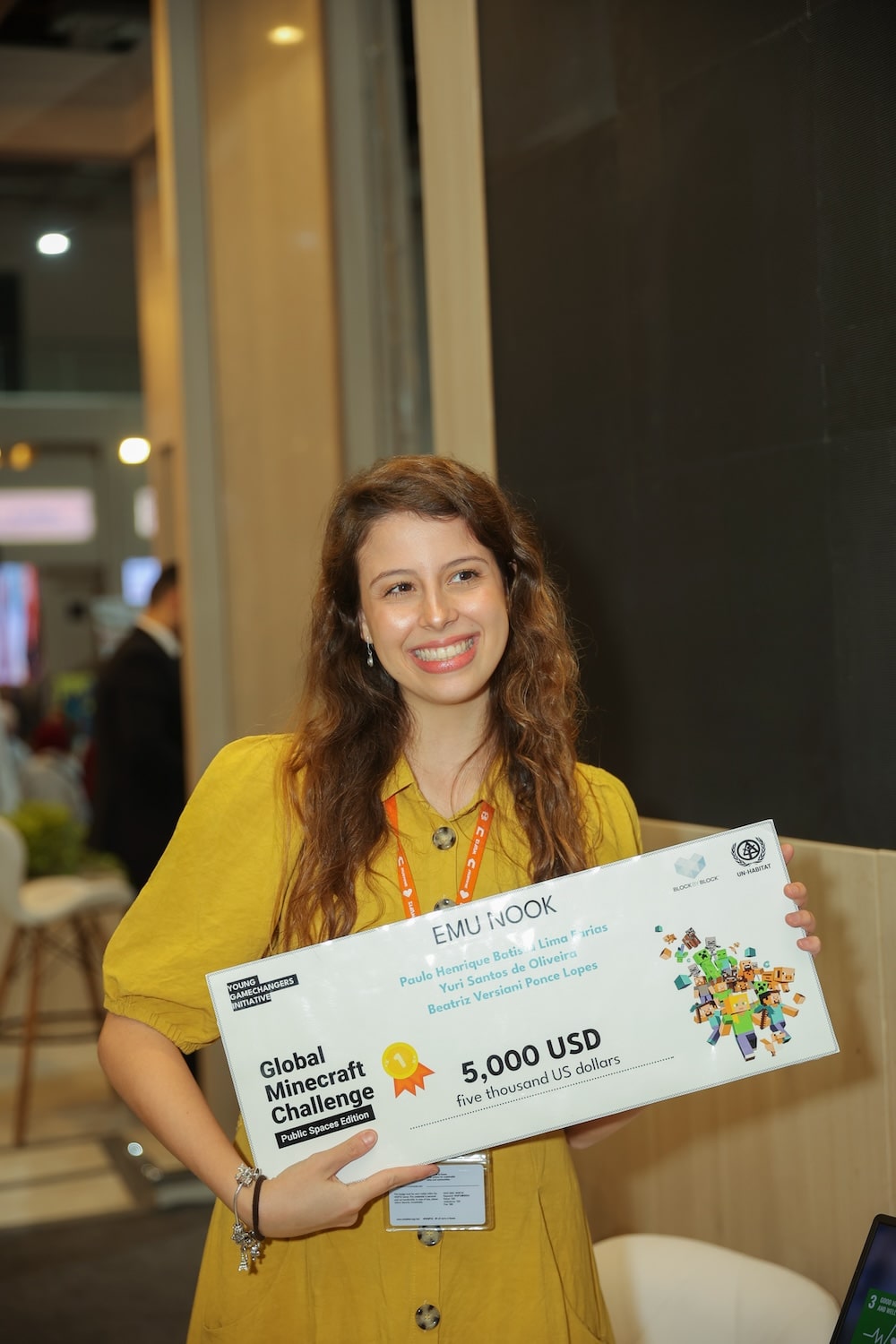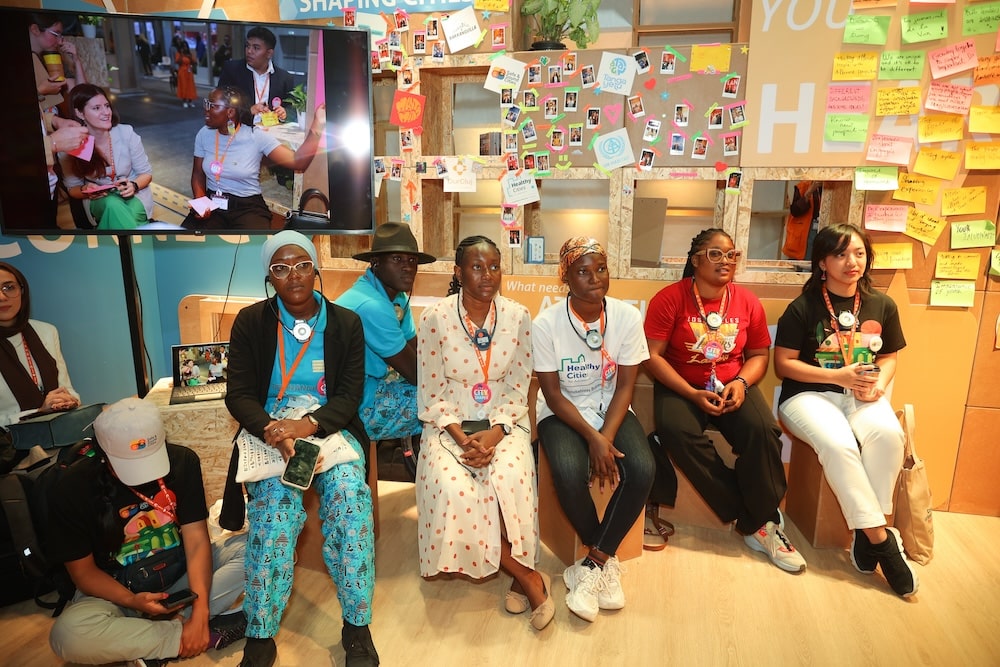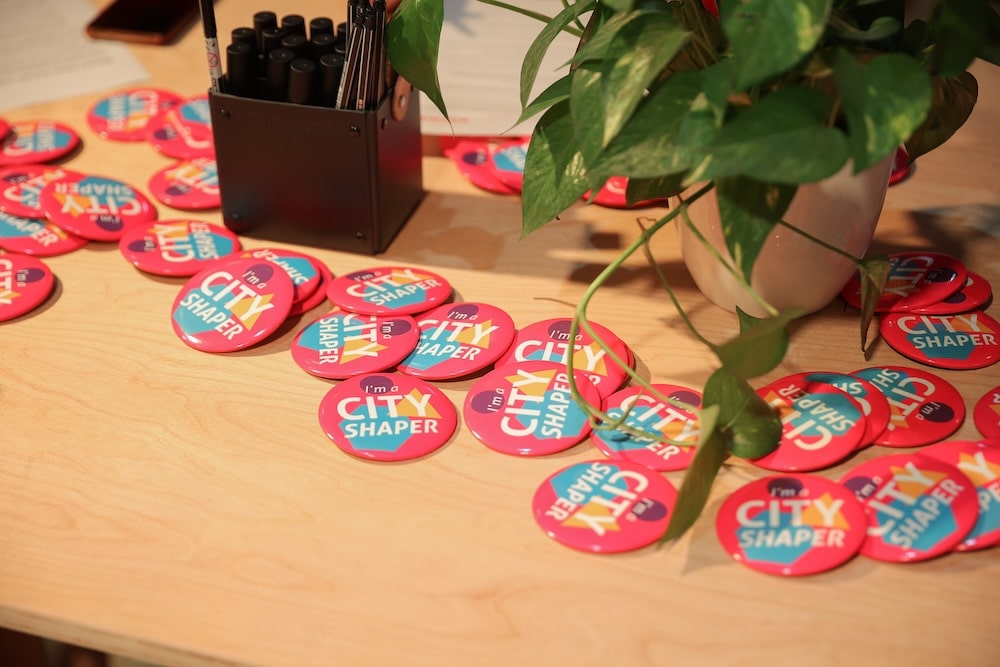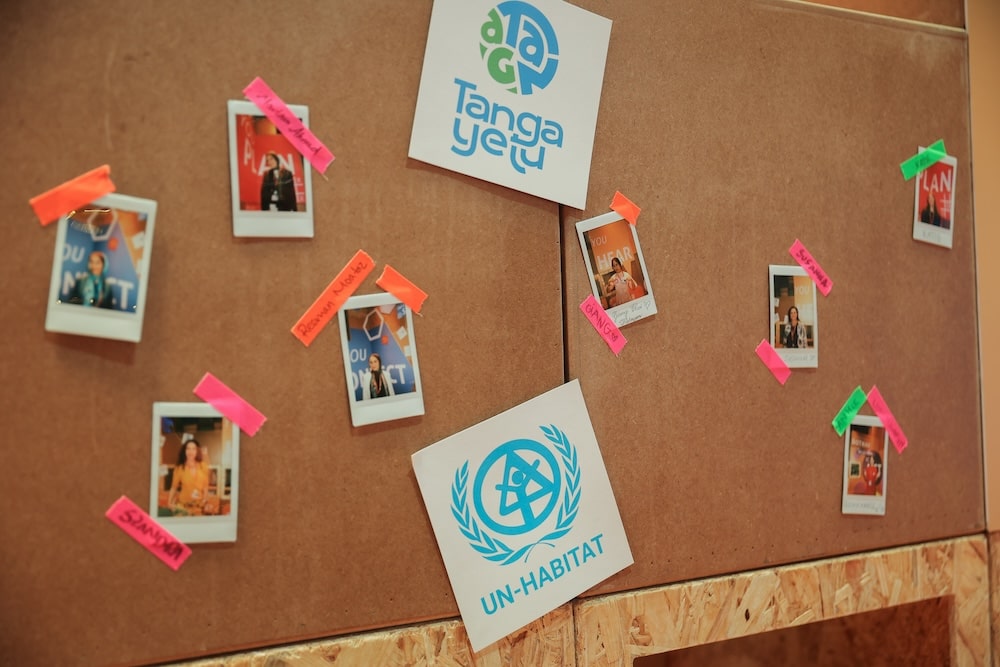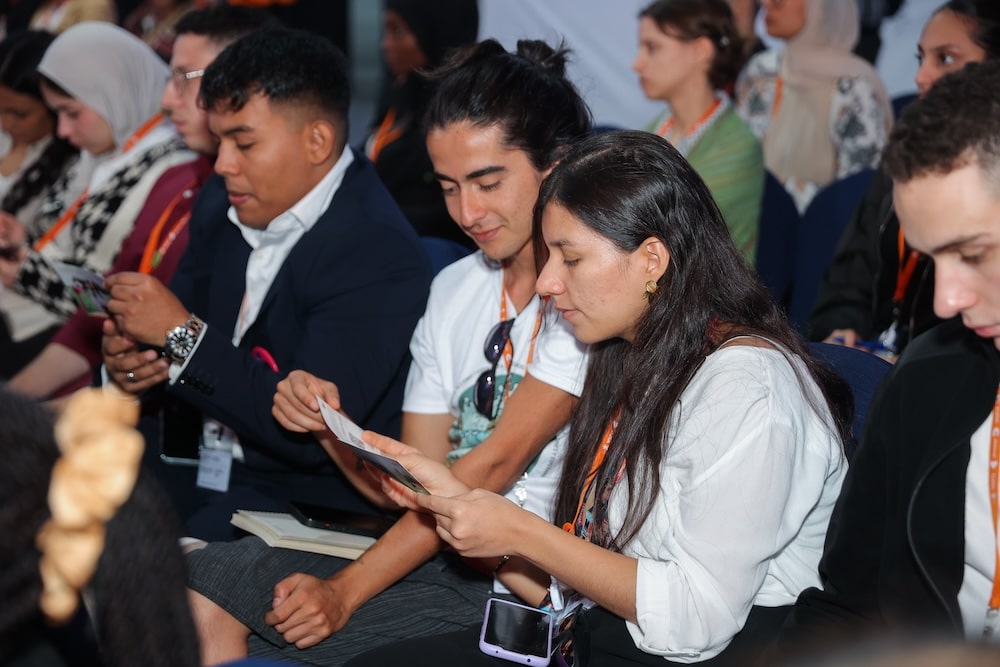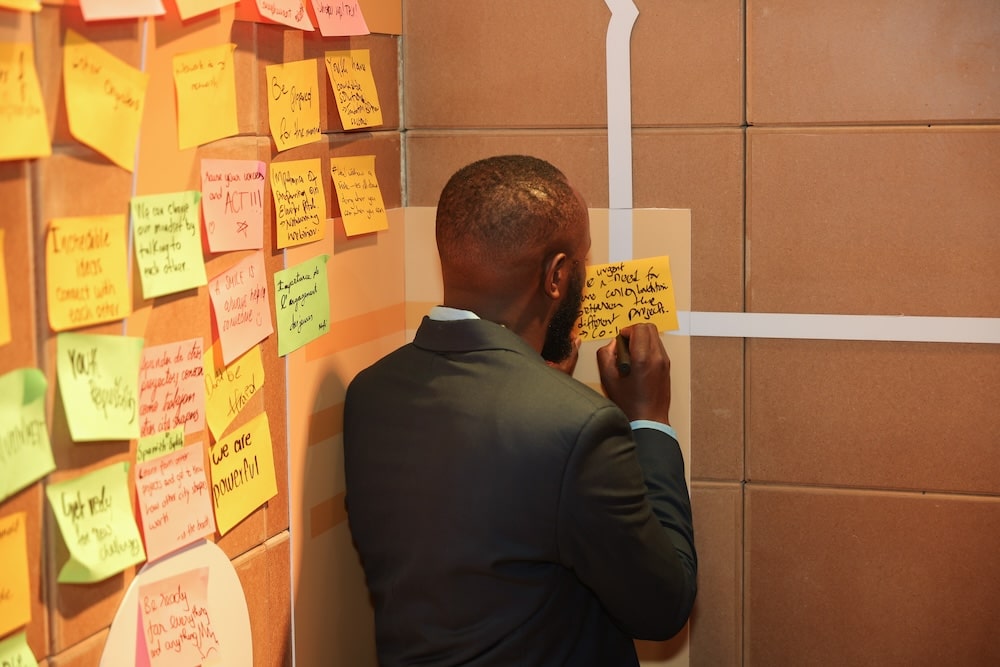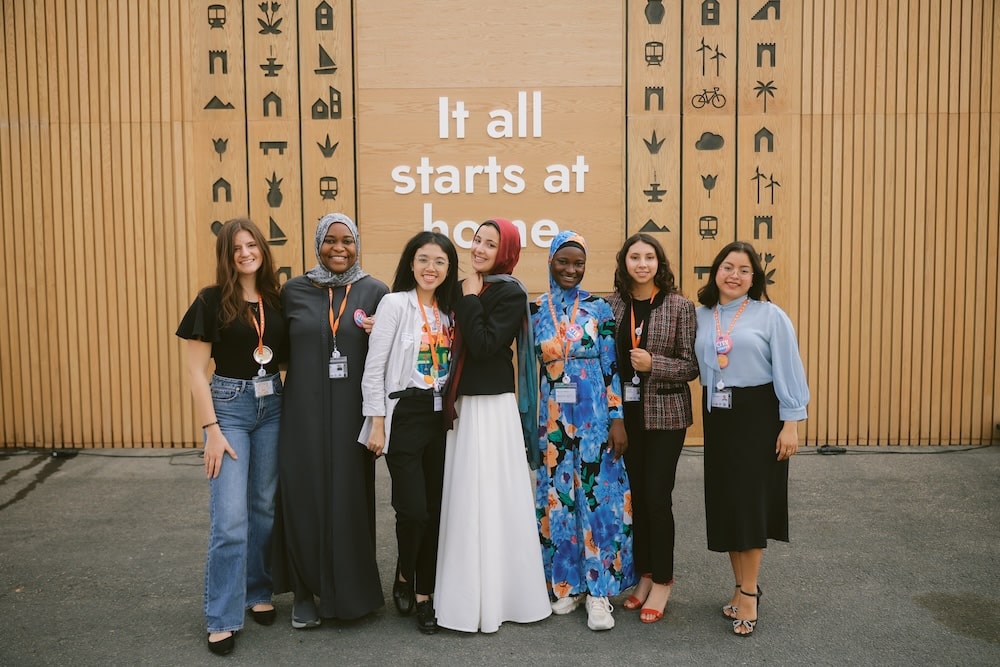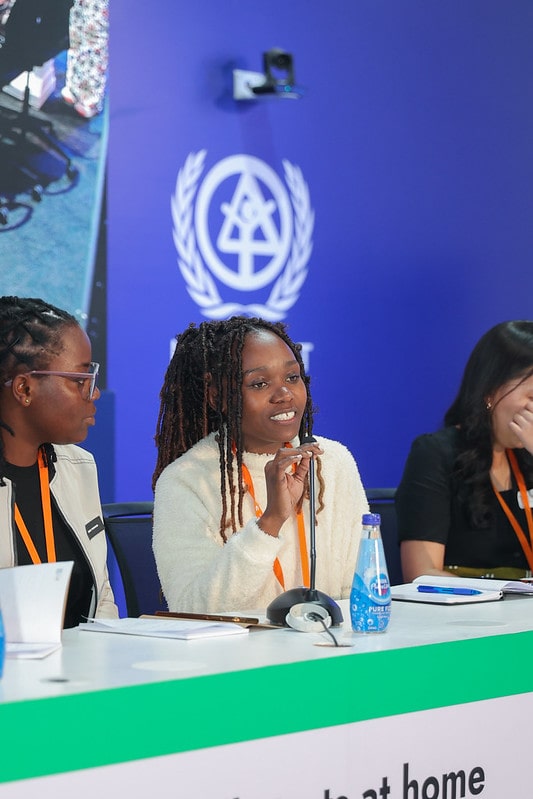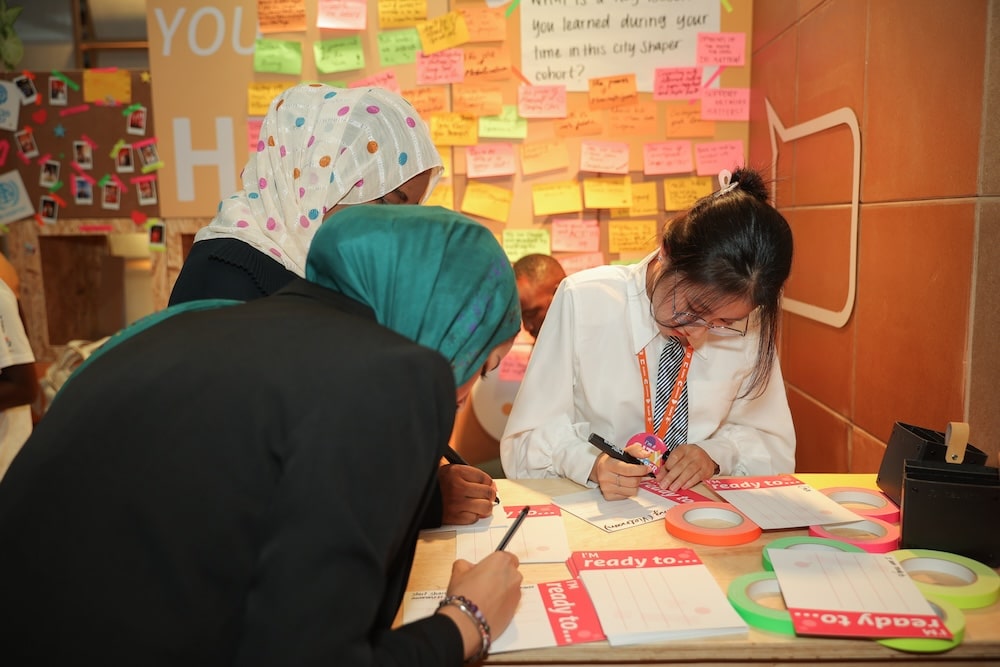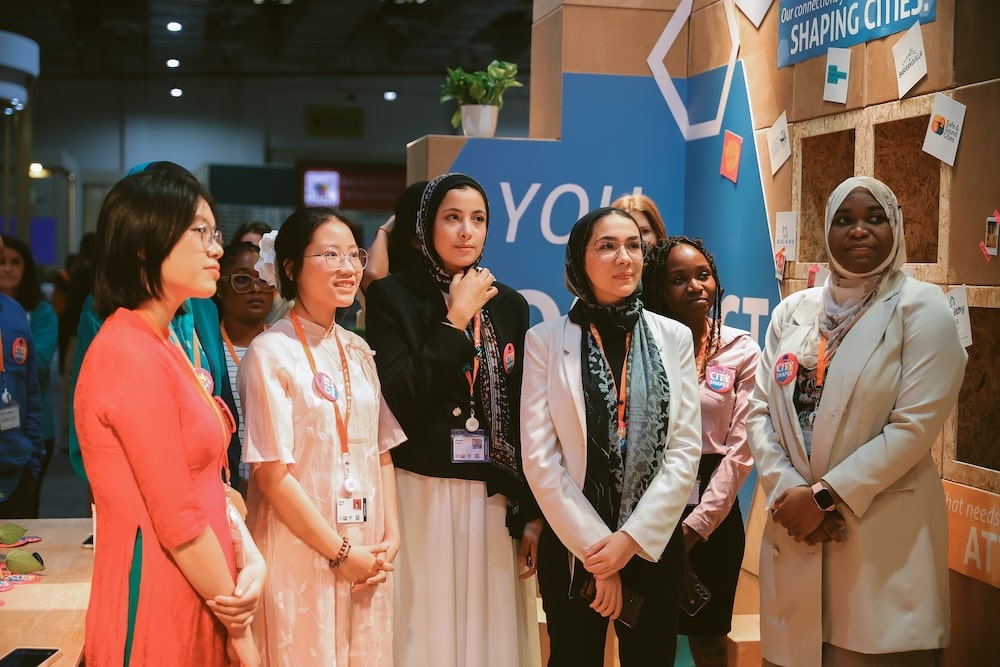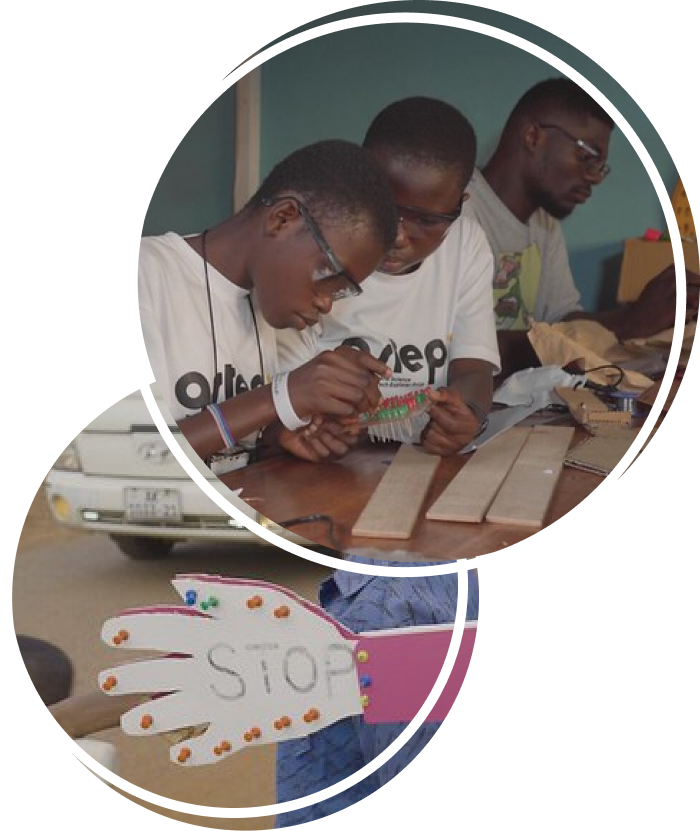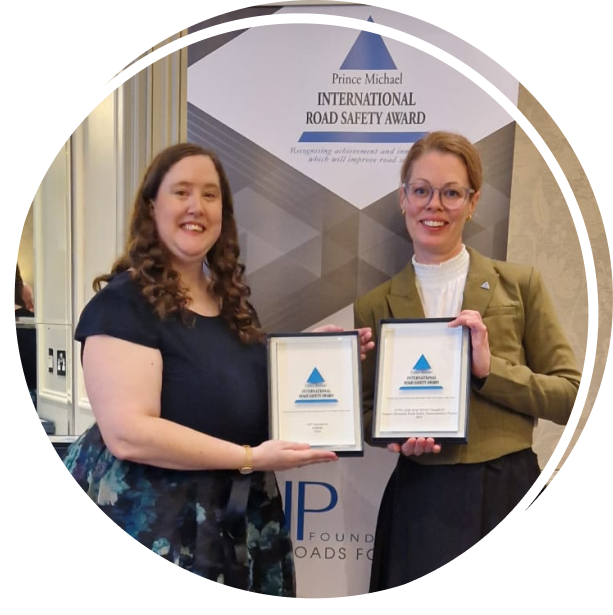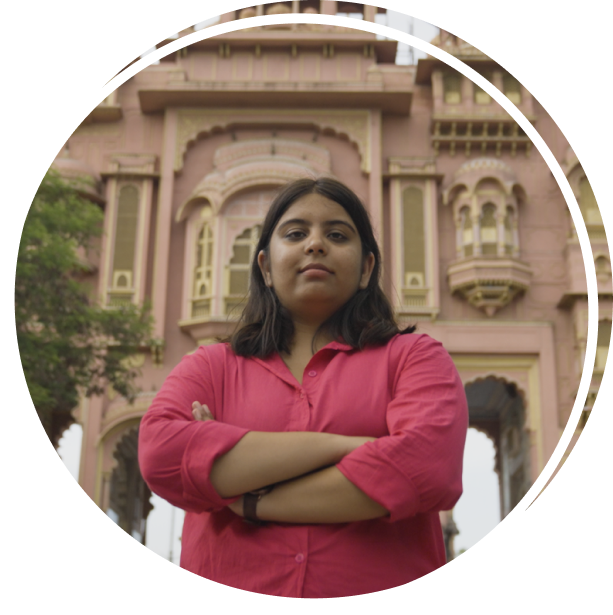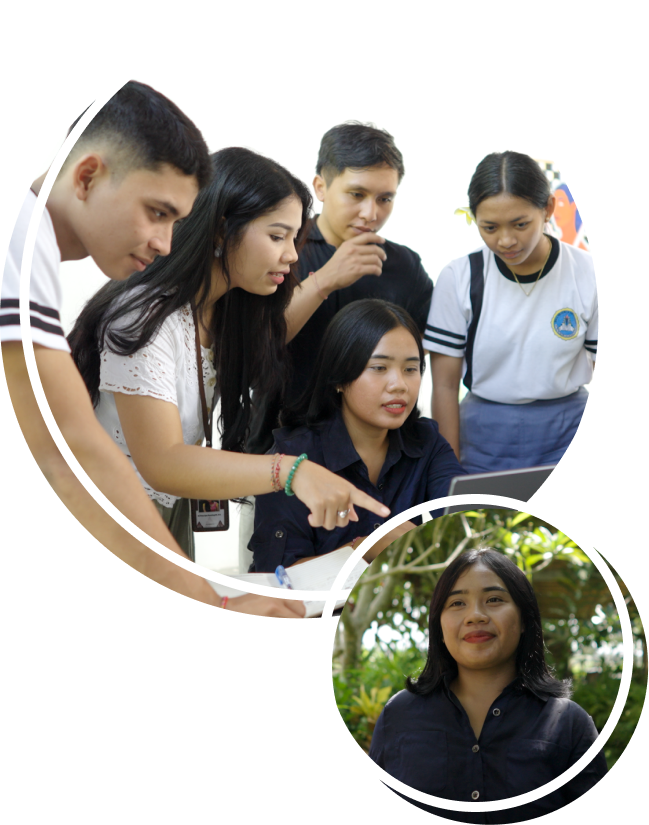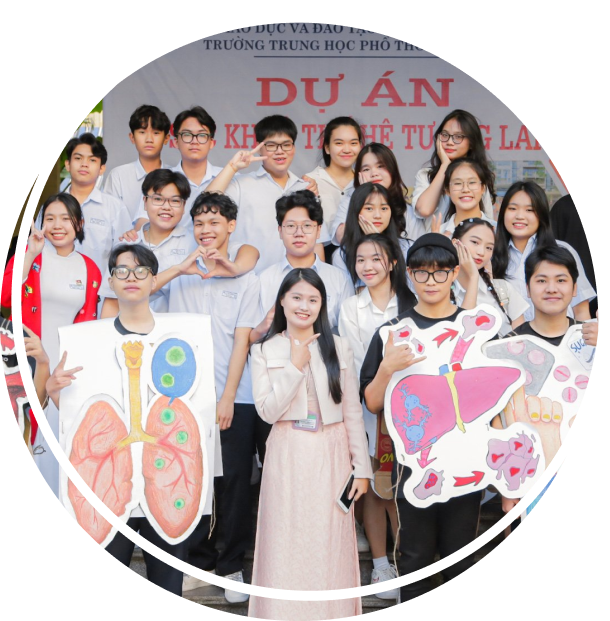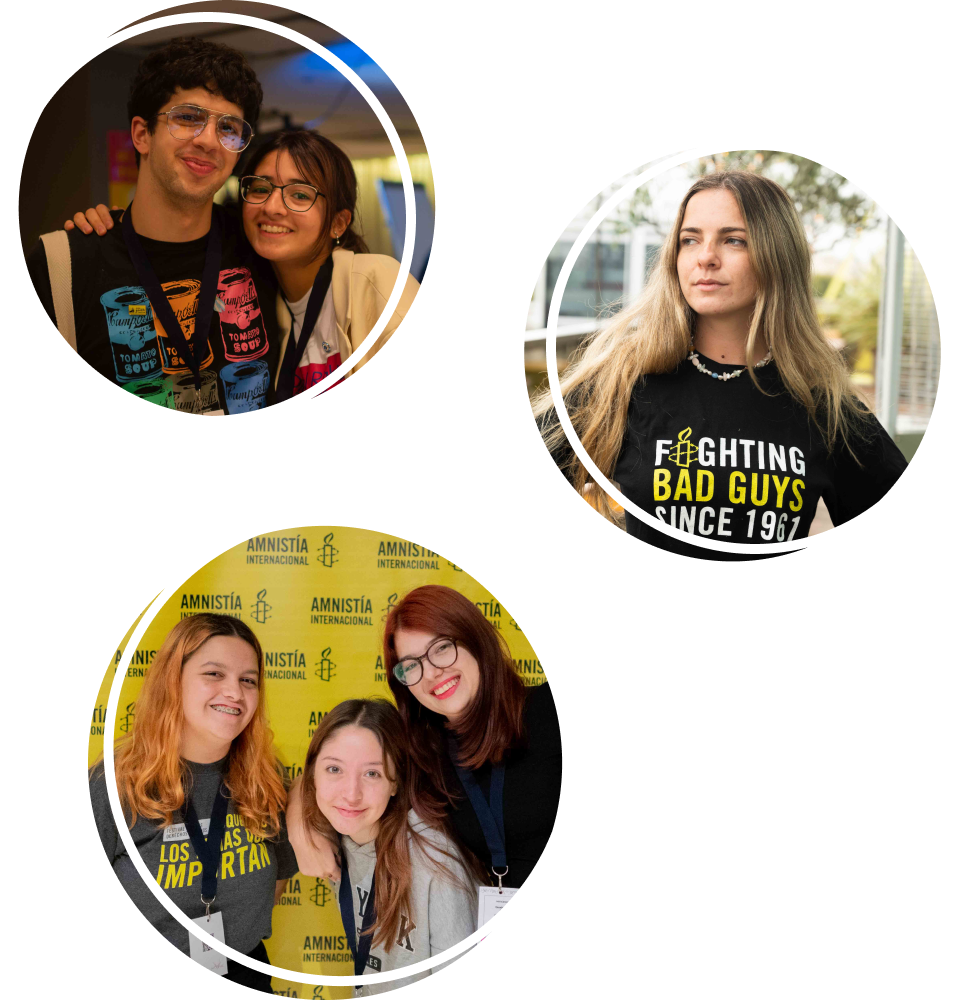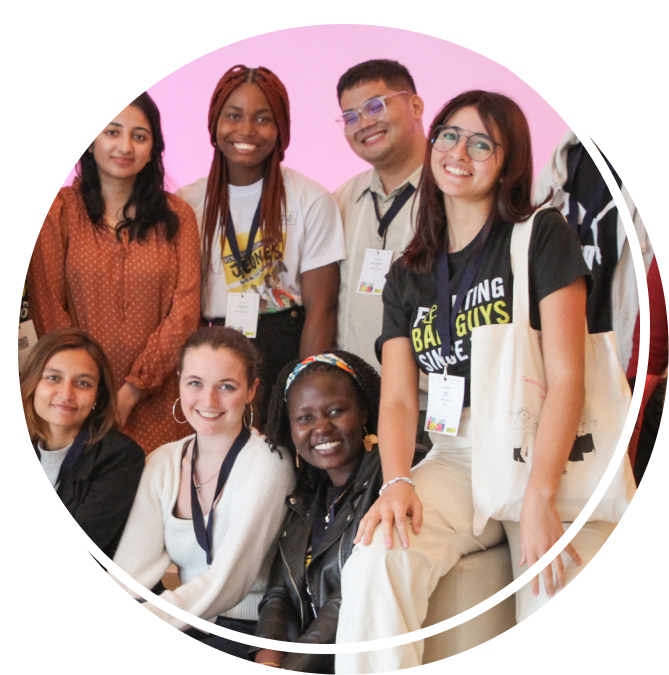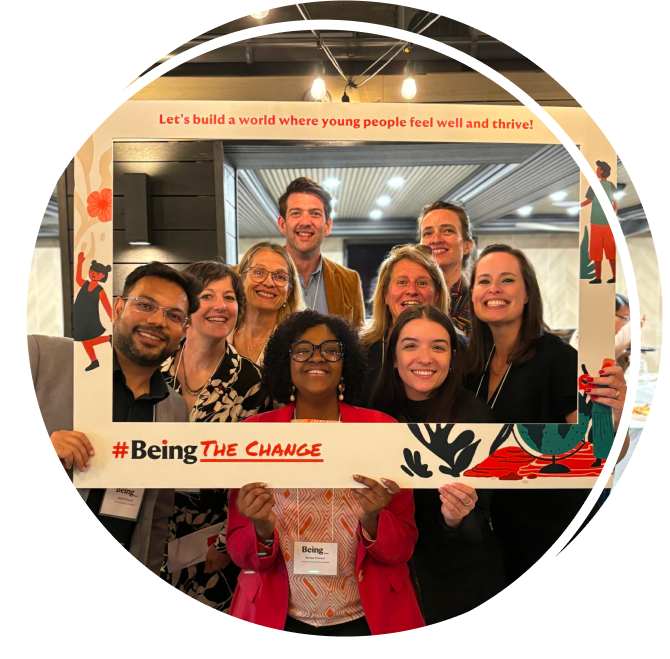When it comes to their wellbeing, it is vital that young people are involved in consultation and decision-making on issues that affect them. That is why we support programmes and partners that work closely with young people to build a better future for and with them. Our partners often use a variety of participatory approaches, including consultation, collaboration, co-creation, and youth-led initiatives.
Over the years, our partners have gained valuable insights into what works and what doesn’t when it comes to promoting meaningful participation by young people.
We were curious to learn more about this, so in 2023 we interviewed several partners to identify common experiences in their youth engagement practices. All of these programmes enable young people to make a significant contribution and actively participate in initiatives.
We identified ten commonalities in these practices to share with our community for inspiration and to encourage further collaboration.
Curious? Let’s dive in.
10 insights from our partners on promoting meaningful youth participation
- Collaborative intention: From the outset, young people are intended to significantly influence many aspects of the programmes, not only in one phase or one entry point.
- Funded planning phase: There is sufficient time and resources for planning phases to enable relationship building between young people and others, often by first aligning through context mapping activities.
- Iterative programme design: There are multiple opportunities for iteration, protecting against a small group of young people having an outsized influence over the direction.
- Staffing: Teams often hire specific staff(s) responsible for youth participation, sometimes young people themselves.
- Collective partnership model: Most programmes often aim to create change through collaborations; there are often specific youth-led spaces/partners within a larger multi-stakeholder partnership model.
- Formal and informal youth roles: Young people often have formalised (terms of reference, compensation, regular input, and co-ownership) and informal roles (one-off events or online meet-ups).
- Varied participatory practices: All forms of meaningful participatory practices are employed – youth-led, consultation, and co-creation; rarely was only one approach utilised.
- Complimentary capacity building: skills development, mentorship, or training is provided, often including training for non-youth on how to work with young people.
- Feedback: Most have a way for young people to provide feedback on the quality of their experience, often via anonymous and open formats.
- Diversity, equity, and inclusion: Aiming to reach diverse young people unless specifically designed with a specific group. Some had support to help ensure this (meals, transport, data packages, translation, and/or compensation).
Challenges faced
In addition to identifying commonalities in practices that help deepen participation, grantee partners revealed that two areas remain challenging: strengthening diversity, equity, and inclusion efforts and determining how to scale while maintaining quality participation.
Overall, these insights stressed the importance of giving young people influence over initiatives and providing dedicated resources and support for their participation. By supporting collaborative, iterative, and diverse approaches to engagement, young people can be supported as equal partners in creating positive change in their communities and beyond.
Read more about youth participation in four of our supported programmes:
